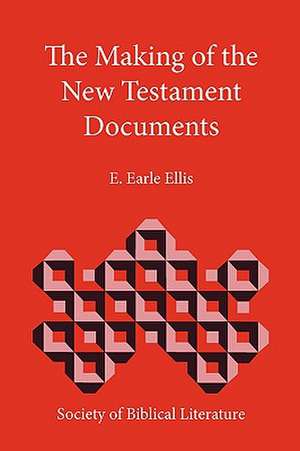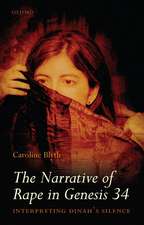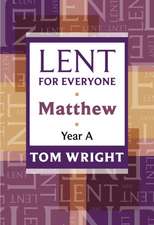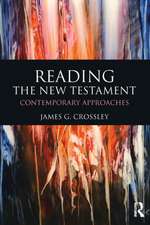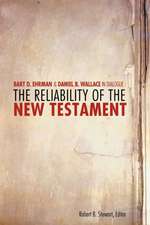The Making of the New Testament Documents: Biblical Interpretation
Autor E. Earle Ellisen Limba Engleză Paperback – 24 iun 2009
Preț: 435.65 lei
Nou
Puncte Express: 653
Preț estimativ în valută:
83.36€ • 87.28$ • 69.14£
83.36€ • 87.28$ • 69.14£
Carte disponibilă
Livrare economică 19 martie-02 aprilie
Preluare comenzi: 021 569.72.76
Specificații
ISBN-13: 9781589834385
ISBN-10: 1589834380
Pagini: 544
Dimensiuni: 152 x 229 x 31 mm
Greutate: 0.79 kg
Editura: Society of Biblical Literature
Seria Biblical Interpretation
Locul publicării:United States
ISBN-10: 1589834380
Pagini: 544
Dimensiuni: 152 x 229 x 31 mm
Greutate: 0.79 kg
Editura: Society of Biblical Literature
Seria Biblical Interpretation
Locul publicării:United States
Descriere
This volume identifies and investigates literary traditions and their implications for the authorship and dating of the Gospels and the letters of the New Testament. Ellis argues that the Gospels and the letters are products of the corporate authorship of four allied apostolic missions and not the creation of individual authors.
